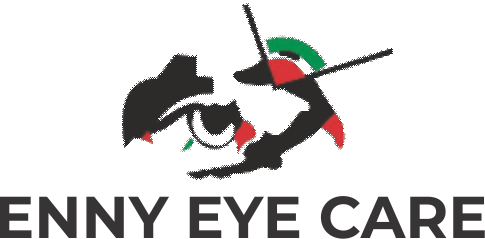How UV Light Affects Your Eyes: Understanding the Hidden Risks
While most people are aware of how harmful UV light can be to their skin, many overlook the dangers it poses to their eyes. Ultraviolet (UV) radiation from the sun can cause both short-term and long-term damage to your vision. Let’s explore how UV exposure impacts your eyes and what you can do to protect them.
Types of UV Rays and Their Impact
- UVA Rays: These penetrate deep into the eye, potentially damaging the retina and causing long-term vision problems.
- UVB Rays: UVB rays are responsible for more immediate damage, primarily to the cornea and lens, and can lead to painful conditions such as photokeratitis (sunburn of the eye).
Short-Term Effects of UV Exposure
- Photokeratitis: Also known as ‘sunburn of the eye,’ this painful condition can cause redness, blurry vision, and a gritty feeling in the eyes. It’s a result of too much UVB exposure, typically from spending time outdoors without proper protection.
Long-Term Effects of UV Damage
- Cataracts: UV exposure can accelerate the formation of cataracts, leading to clouded vision and, in severe cases, blindness.
- Macular Degeneration: This condition affects the central vision and is linked to cumulative UV exposure over time.
- Pterygium: Often referred to as ‘surfer’s eye,’ pterygium is a growth on the eye that can be caused by prolonged UV exposure and may require surgery to correct.
Who’s at Risk?
Everyone is at risk of UV damage, but certain factors increase susceptibility:
- Children: Their eyes are more sensitive and allow more UV light to penetrate.
- Outdoor Workers: Prolonged exposure to sunlight increases the risk of eye damage.
- High Altitudes or Snowy Areas: UV rays are stronger in these environments, and snow reflects up to 80% of UV light, doubling exposure.
How to Protect Your Eyes from UV Damage
- Wear Sunglasses: Always choose sunglasses that block 100% of both UVA and UVB rays.
- Wide-Brimmed Hats: Complement your sunglasses with a hat to further shield your eyes from direct sunlight.
- Avoid Sun Exposure During Peak Hours: The sun’s rays are strongest between 10 a.m. and 4 p.m.
- Use UV-Protective Contact Lenses: Some contact lenses offer UV protection, but they should not be a replacement for sunglasses.

Take Action Now
Your eyes are precious—don’t take chances with UV exposure. Protect your vision by adopting simple habits that can safeguard your eyes from short-term irritation and long-term damage. For more personalized advice on UV protection, visit Enny Eye Care today and schedule an eye health check-up.

